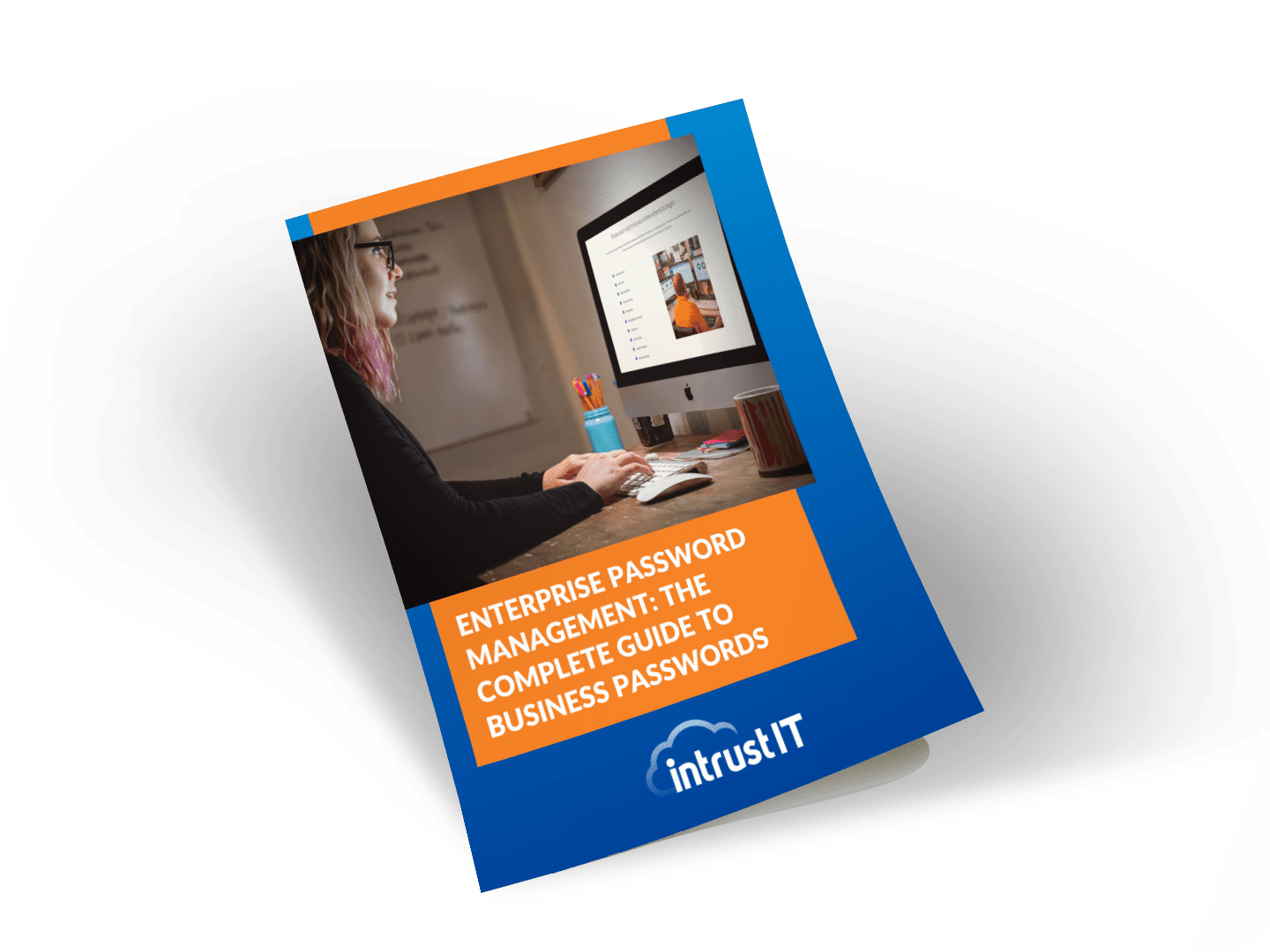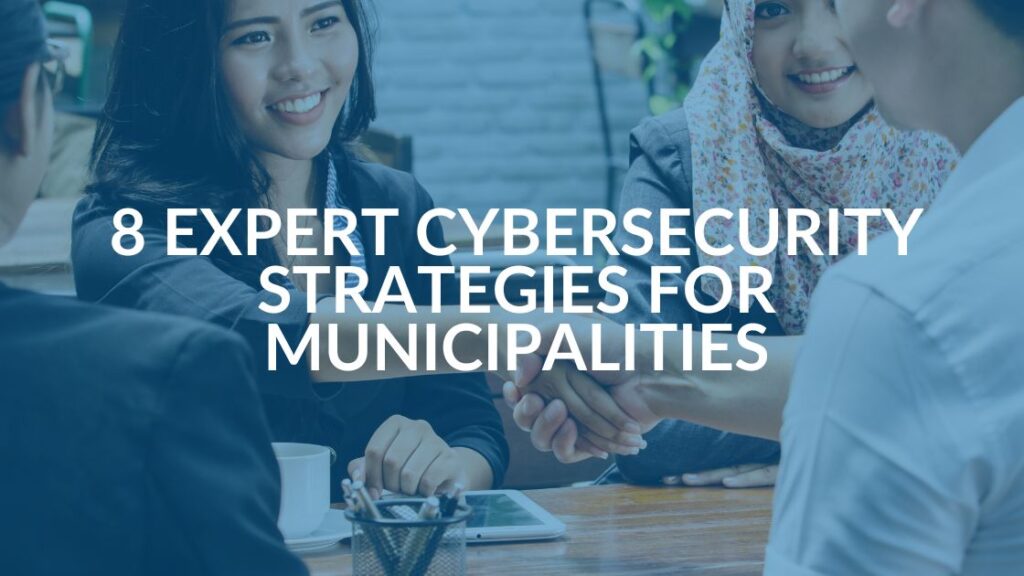Talk Like a CIO: IT Jargon and IT Terminology Updates

Technology terms are like a revolving door. Once you get the hang of one, the door rotates and something else needs to be learned. Sometimes it is difficult to keep up with IT jargon and terminology. IoB? Distributed cloud? Open source? Knowing what they mean is important, especially when you talk with your IT service provider, other leaders or prospective vendors.
Here are some of the more recent IT terms and their definitions to help you talk the talk like a CIO.
Current IT Jargon and Tech Terms
- The internet of behaviors (IoB): If you’ve heard of the IoT (internet of things) know that IoB is a bridge to it. It focuses on people identification, data integration and behavioral mapping. Expect it to be the top trend in 2021-2022. You’ve probably had some experience with it with an app on your smartphone that tracks sleep patterns, blood pressure, heart rates, etc. It takes advantage of the ”data dust’ from an IoB system or setup and then alerts the user about harmful health situations. Some of them even suggest behavior changes to improve your overall well being.
- Anywhere operations: This trend began with “work from home” and “remote work” and has been coming for many years. But, the COVID-19 pandemic made it feel more like a revolution than an evolution. Companies had to adjust quickly to enable work from anywhere. Now that approach is far more than just a short-term band-aid. Companies are changing their IT infrastructure, processes and procedures to position their companies to thrive in a work from anywhere model. Anywhere operations means just that. By using video conferencing, virtual whiteboarding, Microsoft Teams and other tools for effective and secure work spaces, employees can work anywhere in the world.
- Business resiliency: An interruption such as a natural disaster, cyber attack, etc. can ruin a company unless it has backup and redundancy plans to counter that interruption. Couple the backup plan with a redundancy plan and you have a strong foundation for business resilience.
- Distributed cloud: By extracting detailed information from visual images, distributed cloud helps companies handle challenges of complying with country- and industry-specific data privacy regulations. It can also be used to provide IT services to employees and end-users who are connected to the company virtually. This service allows you to use a single control plane to manage multiple different locations in a public cloud infrastructure.
- Open source: This began as a software term meaning that the code was publicly available to access, modify and publish. Now, open source refers to almost any product, service or process that can be shared and improved.
- Quantum computing: This is not about traveling through your own lifetime with nothing but a hologram pal to keep you sane. It’s about computers that use quantum bits (qubits) which are much smaller units than the standard bits (binary digits). In theory, quantum computing will be able to solve more complex problems and handle enormous data sets – all within a fraction of the time of current computers. How much data are we talking? Think of NASA and all the information they accumulate about the universe. The agency is currently testing quantum computing.
IT Terminology Being Put (Slowly) Out to Pasture
- Digital transformation: We can’t even tell you what this is because if you ask five CIOs what it means, you get five different answers. That’s the main reason it is falling out of use, in favor of more specific (and well-defined) IT terminology.
- Artificial intelligence (AI): AI is making way for machine learning (ML), which means intelligent software that improves from training data.
- Agile: So, there used to be a traditional development/project management approach (called “waterfall”) and the newer (better) agile approach. Today, if you’re not agile, you’re going to be out of business. So the term is going the way of the “soft” tissue (Anyone ever heard of a hard tissue?).
- DevOps: True DevOps involves the tight collaboration between software development and operations. But the term is so often used in the wrong context that people are using it less and less.
- Big data: Big is a subjective term. You might consider 60 gigabytes to be big but another CIO might be thinking you mean 60 terabytes. Big data has been grossly overused and should be replaced with the exact numbers of data science and analytics such as with subterms like data lakes and data marts.
- Disruptive technologies: Again, an incorrect term. As one CIO remarked, “there is no such thing as disruptive technologies because the whole point of disruption is that you don’t see it coming.”
The one thing that will never change is that IT terminology will continue to emerge and disappear as technology advances. If you are an Intrust client, you don’t have to worry. We’ll keep you informed of important advances the same way we manage your day-to-day IT and cybersecurity needs: without drowning you in IT jargon.
Not a client? No worries. Just contact us or book a meeting to talk about your IT needs and how we can help.
Share this Blog

Is Your Name or Birthday a Part of Your Password?
If so, you’re a part of the 59 percent of people who don’t follow proper password hygiene. More than 70 percent of passwords are used for more than one system, meaning if cybercriminals crack one, they can access a lot more accounts.
Our free Enterprise Password Management Guide will give you the best password hygiene practices to help you secure your computer and your business.
Download the Guide
Explore the Latest Trends in IT

Securing Our Cities: Cybersecurity Protection for Local Governments

Manufacturing and IoT: Securing Connected Devices

Small Business Cyber Security Toolkit: The Tools You Need to Stay Protected




